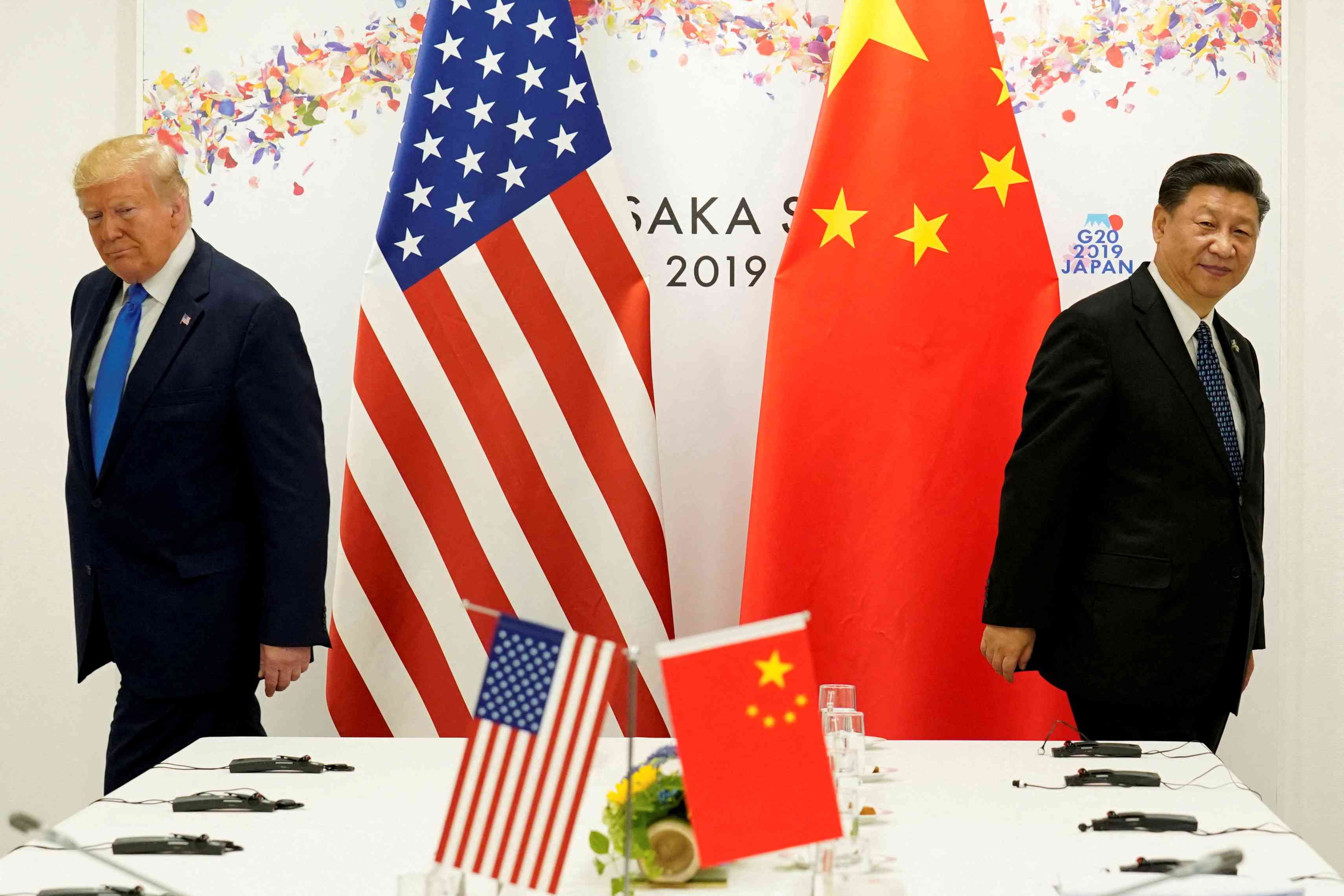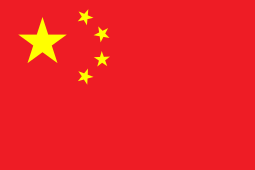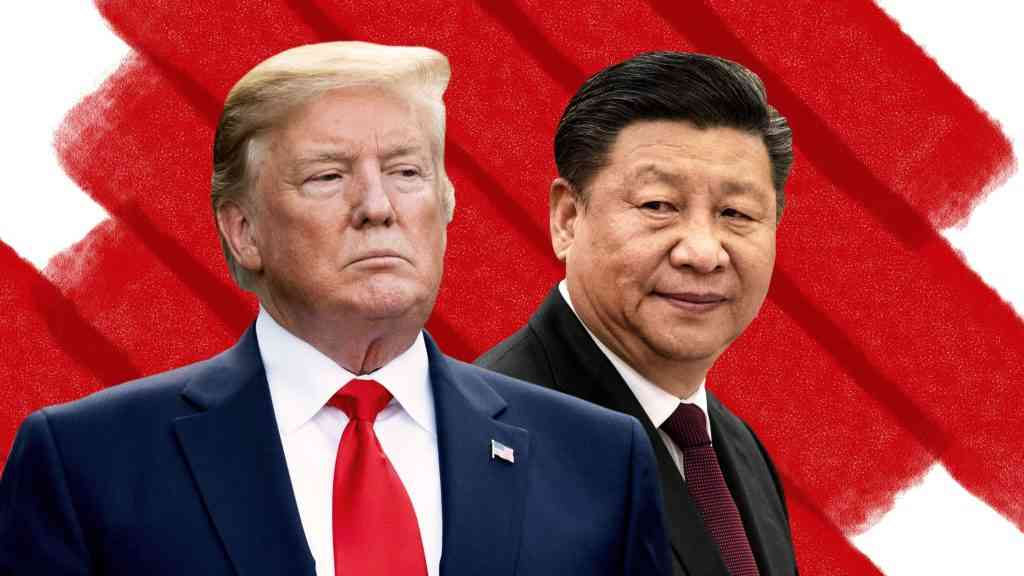
Chinese economy that has been struggling to recover is likely to remain in bad shape thanks to the election of Donald Trump as the President of the United States for the second term. Beijing was relying more on the exports for economy recovery against the backdrop of sluggish consumer spending and slump in real estate. However, the lone bright spot has faded as Trump had already announced his plans to impose 60 percent or more tariff on Chinese goods.
Early signals were reflected in the form of Chinese currency Yuan falling sharply as Trump emerged victorious. Chinese exports had shown a little improvement in October after a period of sluggishness. But now China faced large downside risk of exports due to slowing external demand and increasing trade restrictions from other countries, according to Zichun Huang, China economist at Capital Economics. Now the Trump’s victory has dampened the future prospects for Chinese exports.
China’s growth will be cut by a full two percentage points if 60 percent tariffs are imposed, according to the investment bank Macquarie. It will be almost half of the China’s expected economic expansion rate of 5 percent. “Trade war 2.0 could end China’s ongoing growth model, in which exports and manufacturing have been the main growth driver,” Larry Hu, chief China economist at Macquarie.
Trump’s campaign was focused on protectionism that would hurt China, said David Steinberg, international political economy professor at Johns Hopkins University’s School of International Studies. “There are serious political risks to initiating new trade agreements or lowering tariffs on Chinese import,” he said. “…meaning there would not be substantial shifts in tariff rates on imports from China or elsewhere.”
Trump’s authoritarian and unpredictable nature and his ‘America First’ policy could be more detrimental to China this time, experts warned. “Trump began his first term as an enthusiastic admirer of Xi Jinping, before levying tariffs and then vilifying Beijing during the pandemic,” said Daniel Russel, vice president of international security and diplomacy at Washington DC-based Asia Society Policy Institute.
During the first term of Trump, Chinese economy was strong and expanding. However, this time, it appears vulnerable and completely reliant on exports to recover. Chinese economy faces bigger threat this time if Trump imposes sky-high tariffs as it is reeling under high unemployment, property crisis, mounting debt. In such scenario, the US may use tariffs to twist China’s arm on contentious issues as they are likely to have short-term effects on Chinese economy, said Henry Gao, a law professor at Singapore Management University.
Even if China retaliates with similar tariffs, it would not impact the US much but China. Because foreign trade assumes a greater importance for the export-heavy China at a weak moment in its economic cycle, said Wang Yuesheng, director of the Institute of International Economic Research at Peking University. “China’s retaliation may simply lead to a decrease in US-China trade, which falls right in line with the US’ intentions to diversify the supply chain and shift trade to other countries,” he said.
Huang said Chinese export that would ease economic pressure depends on the demand from the importing countries as trade restriction has become an increasing constraint. “But China’s export success is prompting increasing trade restrictions from other countries, which threatens to dampen longer-term export growth,” she said.
- China’s economic struggle to continue with Trump
Keep Reading
The possible revival of trade war terrified Chinese manufacturers and exporters. “It will result in our products not being competitive, and at the very least our sales in the US will drop sharply,” said Li Wei, who runs glass-making business in northern China’s Cangzhou. Dong Sion, sales manager at Shanghai-based electronic goods manufacturer Sotech, said “If 60 percent tariffs are imposed then it could disrupt our US business or even end it completely.”
Besides over 60 percent tariffs on Chinese goods, Trump in October had expressed his intentions to impose 200 percent duty on electric vehicles from China. It will be very negative for China as its GDP growth could shrink by one percentage point, said Greater China senior economist Jianwei Xu. “Facing the new environment, China’s total supply will have to shrink because the market size based on the Chinese producers will become smaller. This will cause slower GDP growth, which would further dampen domestic spending,” Xu said.











